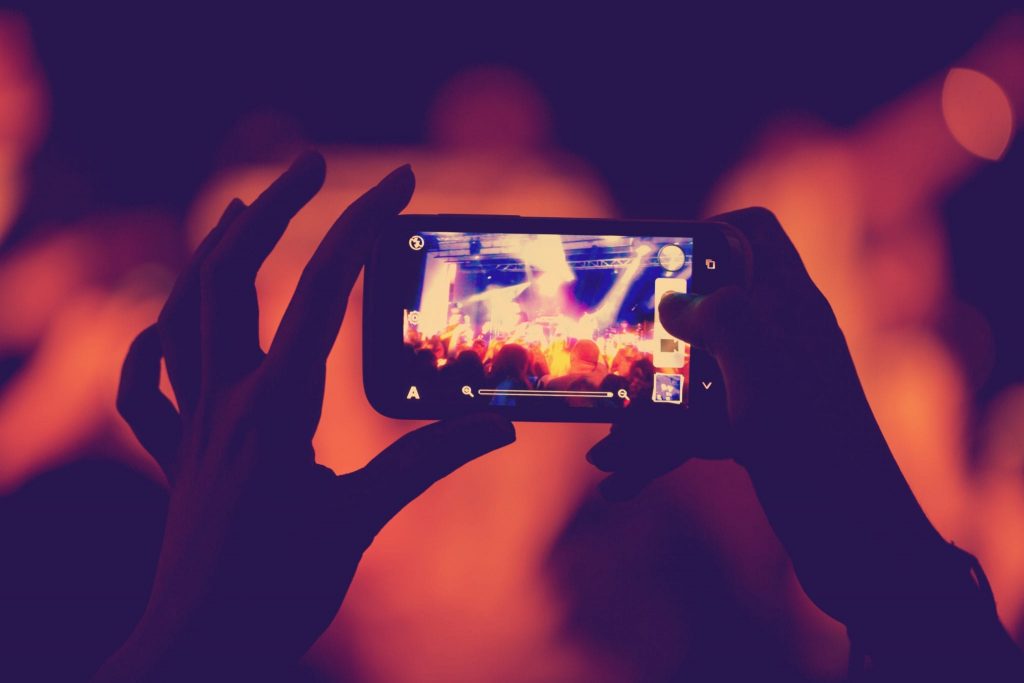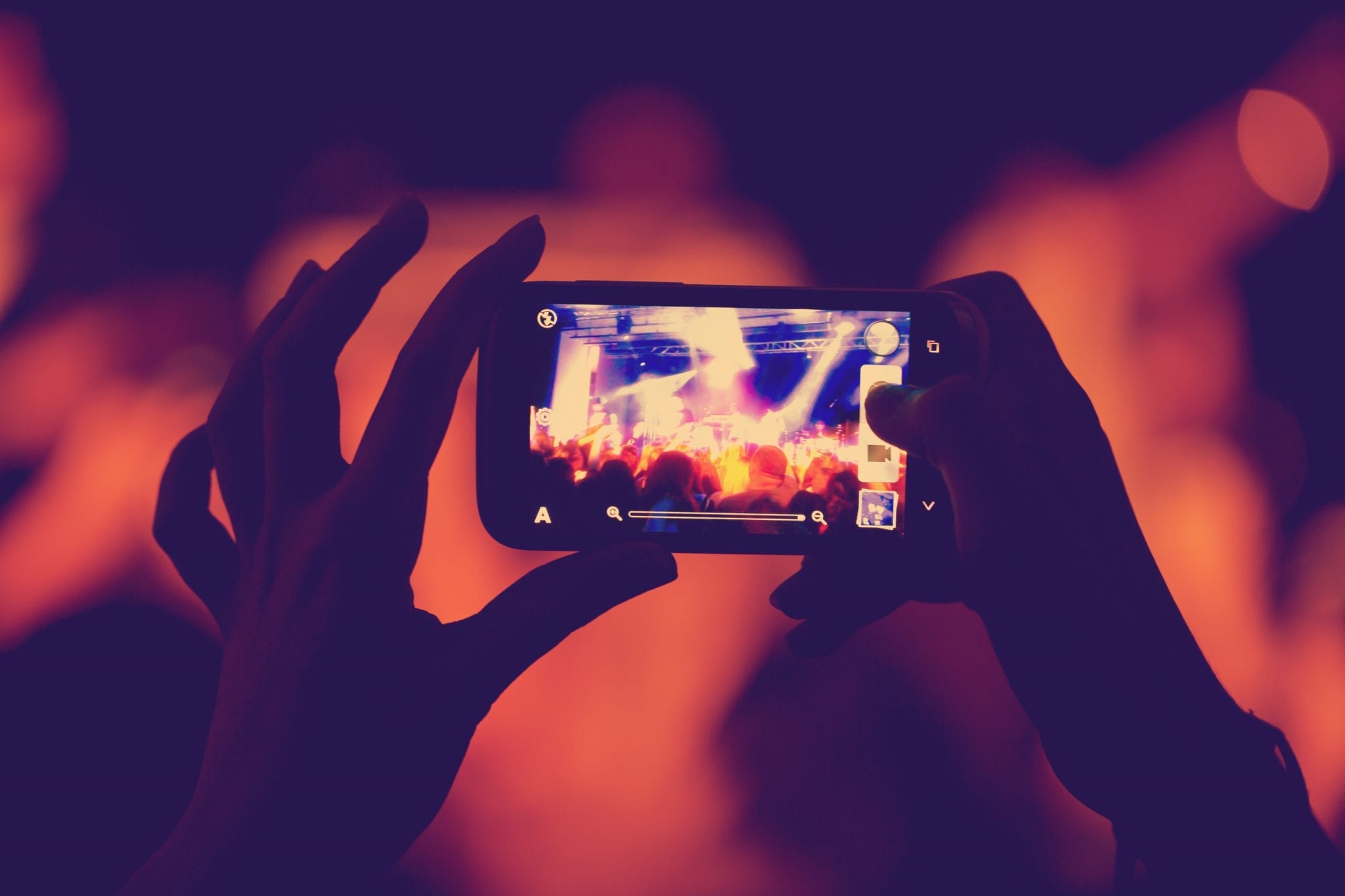An article on NBC News (A New York teen’s fatal stabbing was filmed by onlookers: Is social media to blame?) looked at the potential impact social media may be having on how people help others in trouble. It’s a good quesion. What happens to the bystander effect as people capture more and more of life’s events (good and bad) with cell phones? Technological advances have definitely made it easy to capture and share, from image and video to real-time streaming. The frequency that phones appear makes it easy to blame technology lots of things, including the times when people stand around filming and no one lends a hand. However, blaming social media would be wrong.
Technology can amplify and skew behavior, but it doesn’t replace the fundamentals of human psychology. In bystander situations, for example, capturing events on phones for social media may shift an individual’s attention away from the event, creating more psychological distance between a bystander and a terrible event, decreasing empathy and urgency, or it may reorient the bystander’s concerns from the horror in front of them to the potential audience response when they post.

These are bad, for sure. But social media didn’t invent the tendency of people to help less as the size of a crowd grows. The bystander effect is also called the Genovese effect after a young woman named Kitty Genovese was stabbed to death in New York in front of bystanders back in the 1960s. It is a phenomenon repeatedly documented by social psychologists. The bystander effect is accompanied by a sense of diminished responsibility , or the “diffusion of responsibility,” as people assume others will help so they don’t have to. The reluctance to help may also be helped along by an individual’s fear that they will be placed in danger, too, by helping. There’s a lot more going on in those brains than worrying about Facebook.
In spite of the fact that social media use is the behavior we love to hate, we shouldn’t forget that social media also has some benefits in its ability to reach so many people across so many networks. From crowdsourced funding to calls for help, social media as done a lot of good. The other real benefit of social media is that it democratizes who has the ability to shine a light on social problems, such as discrimination, neglect, irresponsibility, abuse, fraud, bullying and victimization. As we have seen from #MeToo, #BlackLivesMatter and #NeverAgain, social media has the potential to change the conversations in meaningful ways.

 Dr. Pamela Rutledge is available to reporters for comments on the psychological and social impact of media and technology on individuals, society, organizations and brands.
Dr. Pamela Rutledge is available to reporters for comments on the psychological and social impact of media and technology on individuals, society, organizations and brands.
I couldn’t agree more with what you’re saying.
We can’t blame social media for everything. Kitty Genovese was a (sad) example how people weren’t superheroes back then either.
Thanks for sharing this article!